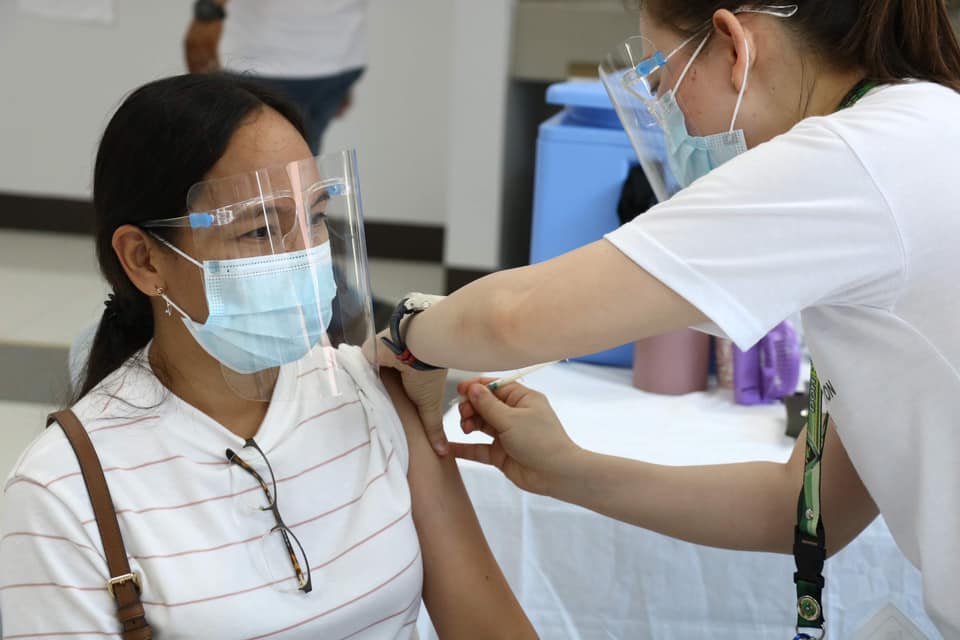The Department of Health (DOH) is continuing efforts to prevent spread of Delta Variant in the countryside.
This assurance was affirmed after DOH on Thursday confirmed that the Delta Variant has evolved into local transmission in the country.
“The need to continuously enforce strict border control measures and intensify local COVID-19 responses with the local transmission of the Delta (B.1.617.2) variant in the Philippines,” DOH said in a statement Thursday.
The country has been implementing travel bans and stringent border control measures to delay the entry of the Variant, giving the country a headstart to prepare its capacity to manage potential surges.
Following the phylogenetic analysis conducted by the University of the Philippines – Philippine Genome Center, and case investigation by the DOH Epidemiology Bureau and the regional and local epidemiology and surveillance units, clusters of Delta variant cases were seen to be linked to other local cases, therefore, exhibiting local transmission.
On Wednesday, 12 cases of Delta Variant were reported in the National Capital Region (NCR), among these patients is a Bicolano woman from Sorsogon.
To allay region-wide fear and concern, DOH Bicol issued a public statement, saying the woman patient from Sorsogon, works and has contracted the virus in NCR.
Both the national and local governments have been continuously working together to intensify the implementation of the Prevent, Detect, Isolate, Treat, and Re-integrate Response strategies and increase the country’s health system capacity to be able to manage cases.
Government, together with other National Government Agencies, Centers for Health Development, local government units (LGUs), and private sector, have been ensuring that there are enough COVID-19-dedicated ward, ICU, and TTMF beds in the country, especially in areas experiencing case spikes.
Government is also preparing for enough supplies of COVID-19 medicines, oxygen tanks, and critical care equipment in hospitals and augmentation of human resources.
